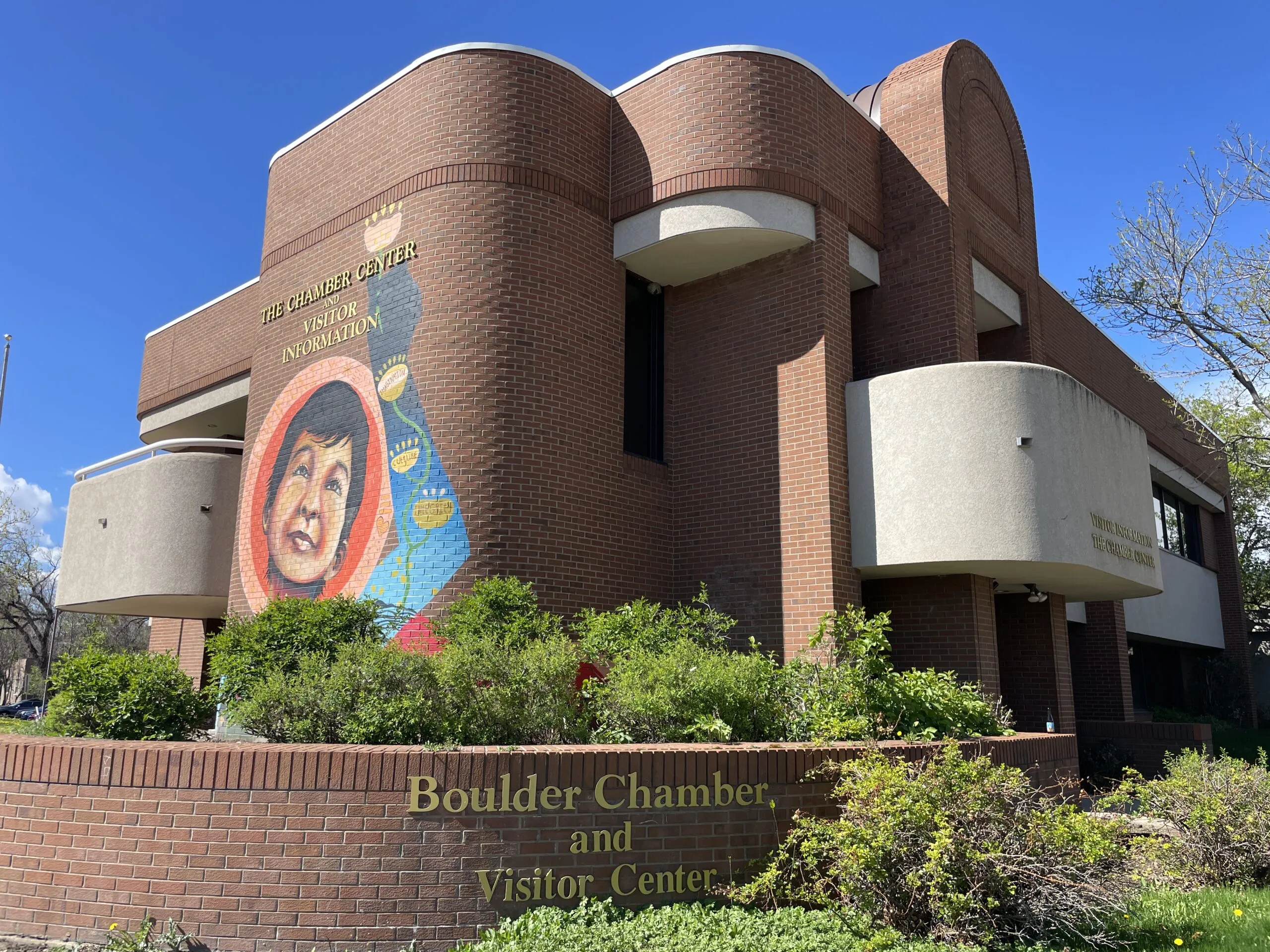Think priorities, think balance, think economic vitality
The Boulder Chamber hosted a Policy Roundtable the other day regarding the transportation needs for our community, of which there are many, and potential funding options for meeting those needs. It got me thinking . . . Does anyone ever think about funding priorities? Does anyone ever think about the impact of different funding options on our local businesses and economy? Does anyone ever think about alternatives to new taxes and fees?
First, some context. Respected economists predict that Colorado will enter an economic downturn in the near term. At the same time, we hear…
THIS ARTICLE IS FOR SUBSCRIBERS ONLY
Continue reading for less than $3 per week!
Get a month of award-winning local business news, trends and insights
Access award-winning content today!





